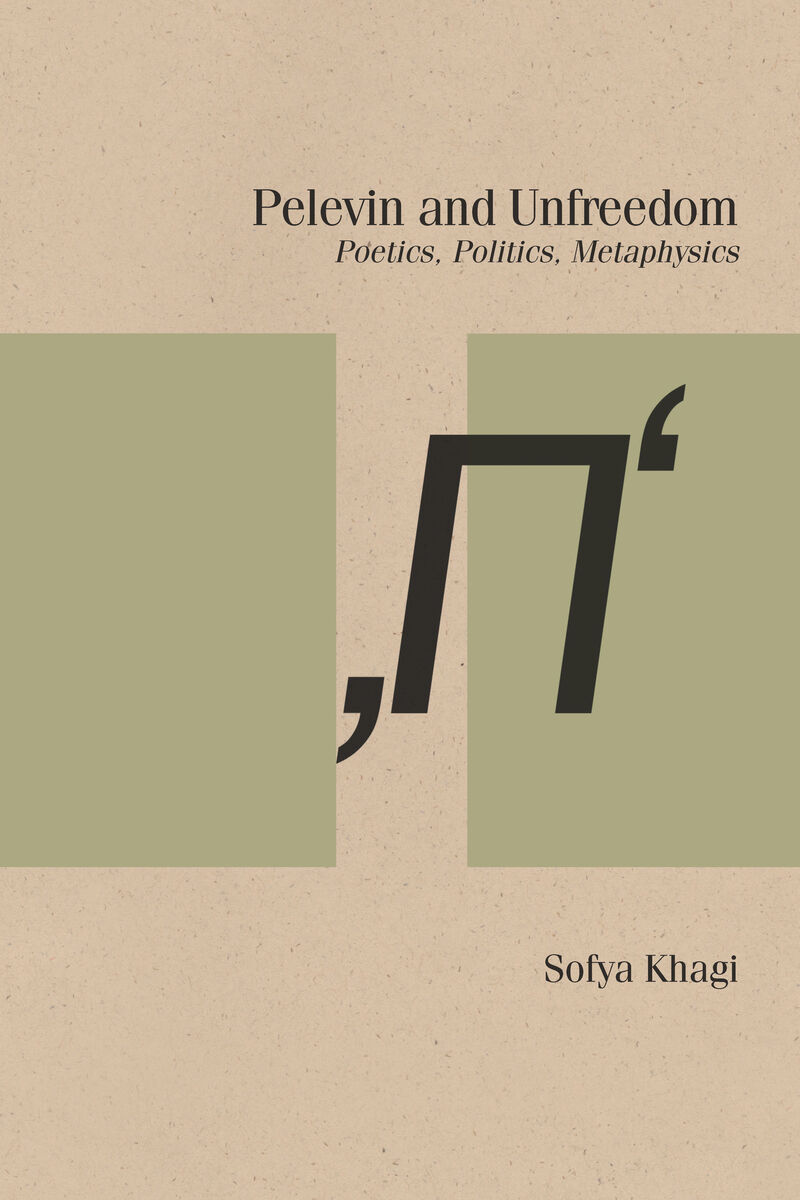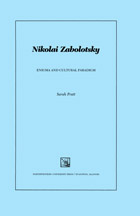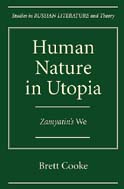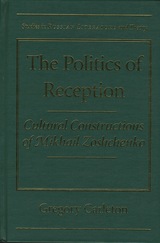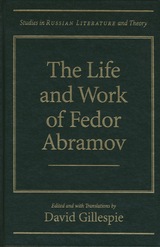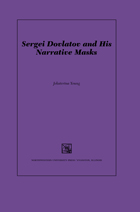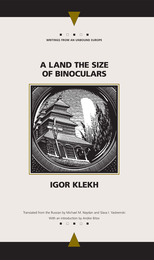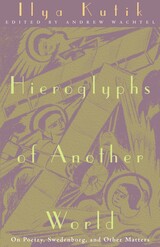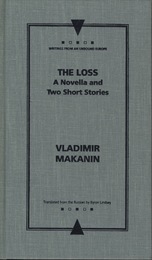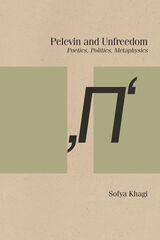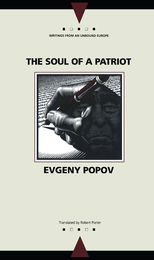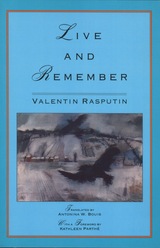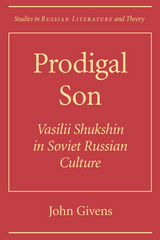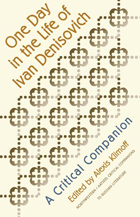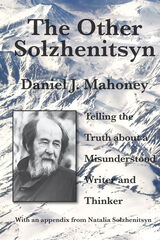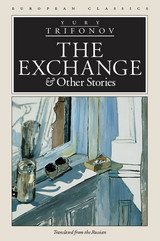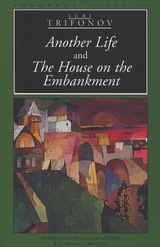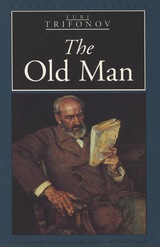“Sofya Khagi’s book justifies the long wait for the first comprehensive study of Pelevin’s oeuvre. Khagi is not afraid of Pelevin’s sly paradoxes and his mind-boggling narrative labyrinths . . . The book doesn’t simplify Pelevin’s portrait; rather, it explores his productive contradiction, depicting him as a daring postmodernist and an acidic critic of postmodernity, a playful ironist and deep ethical thinker, the brightest representative of the last Soviet generation and a merciless deconstructor of this generation’s ambitions and achievements.” —Mark Lipovetsky, author of Postmodern Crises: From “Lolita” to Pussy Riot— -
“Viktor Pelevin’s scintillating works unusually combine popular success and metaphysical complexity. Sofya Khagi’s Pelevin and Unfreedom brings a rich set of approaches to this writer: philosophy, postmodern theory, religion, and sharp-eyed attention to the multinational intertextuality that Pelevin wields so deftly. Khagi lets us in on the irony, skepticism, and complexity of one of the best-known and most demanding Russian authors today.” —Sibelan Forrester, coeditor of Russian Silver Age Poetry: Texts and Contexts— -
“The first English-language monograph on Viktor Pelevin—Sofya Khagi’s Pelevin and Unfreedom: Poetics, Politics, Metaphysics—represents a scholarly milestone. Theoretically sophisticated, yet lucid and elegantly composed, the book maps out a fascinating journey through Pelevin’s literary imagination, showing us a vision of a contemporary humanity enthralled by techno-consumerist dystopia and media mirages, yet at the same yearning for freedom and struggling to become self-aware.” —Keith Livers, Constructing the Stalinist Body: Fictional Representations of Corporeality in the Stalinist 1930s
“Khagi’s outstanding new study provides a fresh and compelling approach to one of the most widely-read living Russian authors.” —Eliot Borenstein, author of Plots against Russia: Conspiracy and Fantasy after Socialism
“Pelevin and Unfreedom surely represents a milestone in Pelevin studies, not only because it is the first monograph-length study in English of this very important contemporary Russian writer, but because it locates the author’s oeuvre at the intersection of interlocking contemporary discussions about globalism, neoliberal capitalism, techno-fetishism, and the fate of the human in the posthuman era, while drawing on a broad spectrum of Western critical approaches and figures (for example, the Frankfurt School, post-structuralism, postmodernist philosophers such as Lyotard, Baudrillard, and so on) . . . Khagi’s book is one that works thoughtfully through the most important issues of Pelevin’s fictional worlds, spotlighting the writer’s concern with the dire state of humanity saturated with techno-desire and divested of its human countenance.” —Keith A. Livers, the Russian Review
“This reviewer found the study remarkably pleasurable to read: it feels a bit like watching someone else solve puzzles in an elaborate video game. Khagi’s writing is elegant, energetic and engaging, and the book may be read in any order: one need not start at the beginning and plow through from there to find it, in whole or in parts, informative and useful . . . This study should open Pelevin to readers who are already fans, and readers who may not have explored him yet, as well as anyone who might enjoy teaching his work from a more sophisticated point of view.” —Sibelan Forrester, Slavic and East European Journal
“This thorough and thought-provoking exposition of Pelevin’s oeuvre provides a rich resource for academic readings of his work. In keeping with Pelevin’s Zeitgeist-y texts, Khagi poses vital and timely questions about the true nature of freedom in an increasingly unfree world.” —Sarah Gear, Modern Language Review— -
